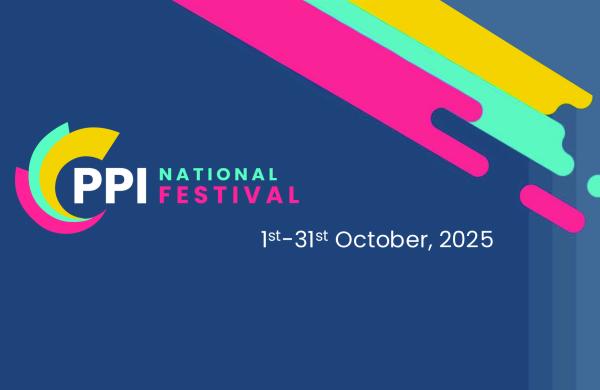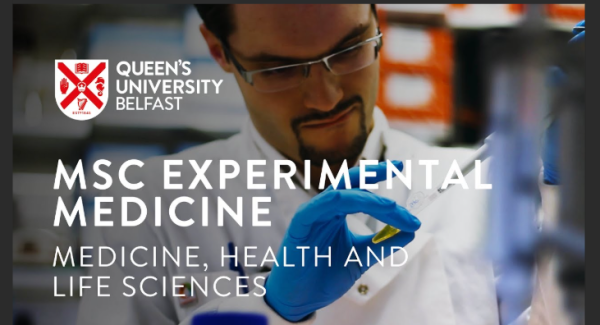Between November 2021 and May 2022, and utilising support from the PPI Seed Fund, researchers in Queen’s University Belfast’s Centre for Public Health established an advisory panel, comprised of members of the public, to help drive their research on preconception health and care. They did this by co-producing a recruitment poster that was then shared via social media platforms, online forums, newsletters, charities, and leisure and community centres in Northern Ireland, allowing them to recruit 23 representatives to the advisory panel, called “Healthy Reproductive Years”. A copy of the main recruitment poster is included below.
Lessons learned
Following their initial round of work with the PPI advisory panel, we asked Emma to share what the research team had learned from their experience working with the PPI participants and what they may do differently in the future to enhance these relationships. We have summarised her input here:
Building a PPI advisory panel is extremely effective to inform research approaches. PPI representatives can provide novel perspectives and their feedback directly influences research and outputs. It should be made clear, from the very beginning of the project, that PPI contributors are not participants or subjects in a study, but rather partners helping to inform and shape the research.Recruitment activities and promotions should be inclusive and accessible, explicitly indicating inclusion and exclusion criteria for participation. A clear indication of what is expected of participants, particularly as this relates to time commitment, must be communicated from the outset. Additionally, PPI representatives should also be informed of reimbursement arrangements.In this particular PPI panel, representatives aligned with different reproductive stages (e.g. some were struggling to conceive, some were pregnant). The research team were aware and mindful of this and used sensitive wording and terminologies during discussions, to avoid causing distress to any participants. Informal newsletters or email circulars outlining the progress of the research should be sent to participants on a regular basis, so they can see the benefits of their participation to the research team and beyond.
Engagement with their PPI advisory panel has helped the research team in which Emma works to shape the research actively being carried out on preconception health and care. They continue to work with their advisory panel and to craft future research plans with them.
Support from the QUB PPI Seed Fund facilitated reimbursement of all PPI participants in this study.
Powered by Froala Editor
Related Articles


